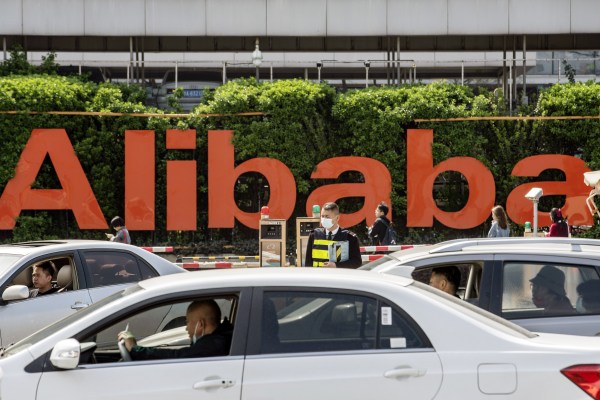Chinese regulators have hit Alibaba with a record fine of 18 billion yuan (about $2.75 billion) for violating anti-monopoly rules as the country seeks to rein in the power of its largest internet conglomerates.
In November, China proposed sweeping antitrust regulations targeting its interent economy. In late December, the State Administration for Market Regulation said it had launched an antitrust probe into Alibaba, weeks after the authorities called off the initial public offering of Ant Group, the financial affiliate of Alibaba.
SAMR, the country’s top market regulator, said on Saturday it had determined that Alibaba had been “abusing market dominance” since 2015 by forcing its Chinese merchants to sell exclusively on one e-commerce platform instead of letting them choose freely among different services, such as Pinduoduo and JD.com. Vendors are often pressured to side with Alibaba to take advantage of its enormous user base.
Since late 2020, a clutch of internet giants including Tencent and Alibaba have been hit with various fines for violating anti-competition practices, for instance, failing to clear past acquisitions with regulators. The meager sums of these penalties were symbolic at best compared to the benefits the tech firms reap from their market concentration. No companies have been told to break up their empires and users still have to hop between different super-apps that block each other off.
In recent weeks, however, there are signs that China’s antitrust authorities are getting more serious. The latest fine on Alibaba is equivalent to 4% of the company’s revenue generated in the calendar year of 2019 in China.
“Today, we received the Administrative Penalty Decision issued by the State Administration for Market Regulation of the People’s Republic of China,” Alibaba said in a statement in response to the penalty.
“We accept the penalty with sincerity and will ensure our compliance with determination. To serve our responsibility to society, we will operate in accordance with the law with utmost diligence, continue to strengthen our compliance systems and build on growth through innovation.”
In a separate letter to its customers and users, Alibaba said it will work to “lower entry barriers and business costs of operating on our platforms” to ensure “an operating environment for our merchants and partners that is more open, more equitable, more efficient and more inclusive.”
The thick walls that tech companies build against each other are starting to break down, too. Alibaba has submitted an application to have its shopping deals app run on WeChat’s mini program platform, Wang Hai, an Alibaba executive, recently confirmed.
For years, Alibaba services have been absent from Tencent’s sprawling lite app ecosystem, which now features millions of third-party services. Vice versa, WeChat is notably missing from Alibaba’s online marketplaces as a payment method. If approved, the WeChat-powered Alibaba mini app would break with precedent of the pair’s long stand-off.
Updated with Alibaba comments.
